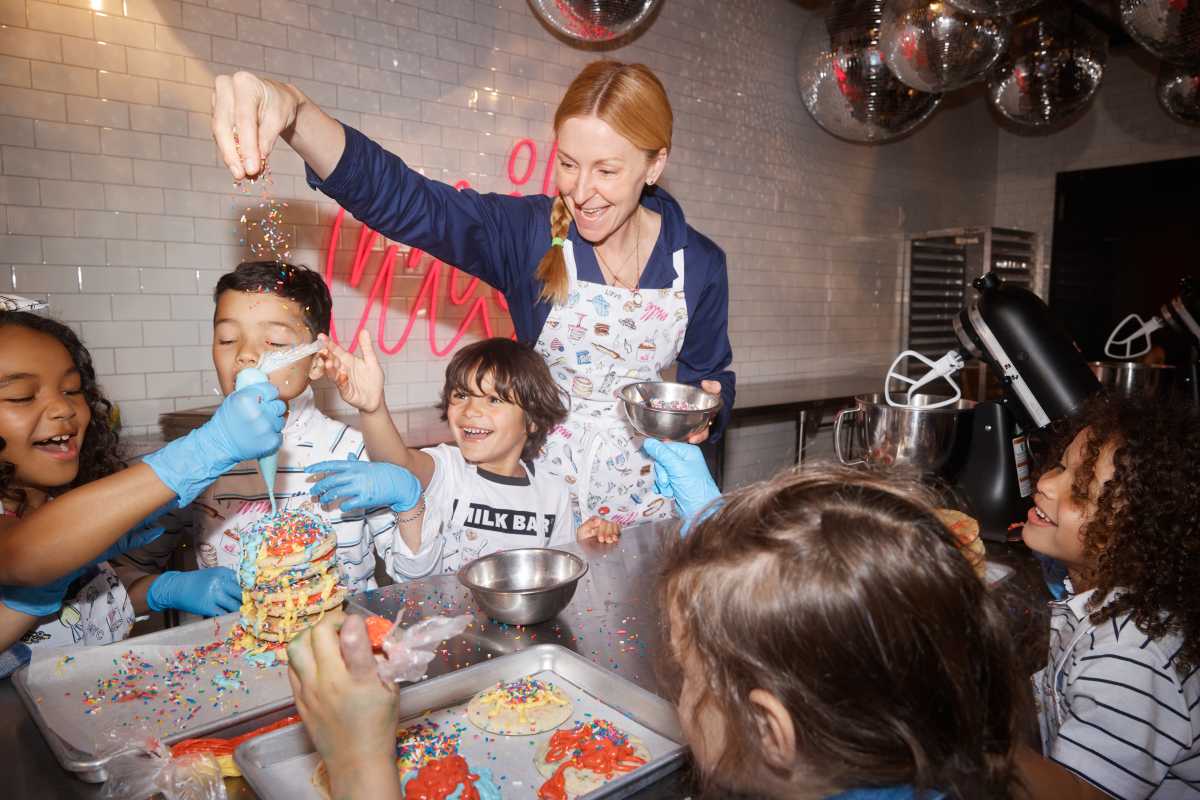 A guest post by Dr. Alan Ravitz, MD, MS
A guest post by Dr. Alan Ravitz, MD, MS
Most of us grow up idealizing a “happily ever after” kind of home life. However, happy relationships—and, by extension, happy families—take a lot of work. When it comes to parenting, this means that successful couples don’t avoid conflict, but deal with it constructively. They don’t ignore or suppress anger, but try to understand what it means and how to address it. They don’t shy away from tough decisions, but make them collaboratively.
Bill and Darcy’s 11-year-old son, Alex, struggles in school. Darcy thinks that Alex is given too much homework, and she wants to limit the amount of work he does to one hour per day. Bill thinks that Alex is lazy and that he should be required to finish his work before he’s allowed to use his computer or Xbox. As the parents argue about what to do, they blame each other, and Alex continues to do poorly in school.
The presence of conflict is not a problem in and of itself—it’s a question of how you manage your disagreements. The capacity to resolve conflict productively is one of the biggest differences between happy couples and unhappy ones. Conflict is unpleasant, which means many of us often go out of our way to avoid it. But happy pairs feel comfortable sharing feelings and ideas with one another. They typically have similar approaches to resolving disagreements, and they believe that their partners take them seriously.
Either way, conflict resolution revolves around making choices, and in the case of Bill and Darcy, their disagreement about Alex’s schoolwork makes determining the next step difficult. Often, tension grows as the pressure to take action builds.
Of course, more ominous marital and childrearing issues arise when intimate partners refuse to make any decision at all. As a Manhattan-based clinician, I often tell local parents that I’m not sure which of them has the correct solution to the problem, but I know that as long as their child gets two different messages, the problem will continue to grow. Typically, I suggest that if parents can’t compromise, they should choose one solution or the other, carry it out for a couple of months, and then reassess the strategy. If parents don’t test this or that hypothesis, they’ll never know how the choices actually work out. And that’s exactly what Bill and Darcy did:
After several weeks of arguing, Bill approached Darcy and said that they had to do something about the situation. Since they disagreed on a strategy, Darcy suggested getting some guidance from a psychologist who specialized in academic problems. Bill didn’t believe that a psychologist would be helpful, but he agreed to participate in a meeting.
So why do so many couples avoid engaging with conflicts, when the alternative is dysfunction? It’s because most disagreements are accompanied by strong emotions, many of them negative. Most couples are afraid of expressing negative emotions like anger, so they end up suppressing them.
And it’s no surprise. People are usually socialized to view anger as a sign that something’s wrong with the relationship, so they reason that if they don’t allow themselves to become angry, maybe the problem will just go away.
But the truth is that love and hate are two sides of the same coin. More often than not, both emotions signify intimacy. Relationships really end when people stop caring about each other, which is what happens when disagreements are pushed underground and never resolved. Avoiding anger is not the solution.
Without a doubt, there are many other myths about anger and conflict that can get in the way. First, we often think that other people cause our anger, when in reality the emotion is something that we create ourselves (though anger may be a response to others’ actions). Second, while some people suppress these feelings, others are under the mistaken belief that the best way to deal with anger is to let it all out. Venting typically doesn’t resolve underlying issues, either; instead, it’s likely to evoke anger in others.
A third myth is that anger is a beneficial emotion, but more often than not, anger just drives people away. People often believe that anger is empowering, that it prevents others from taking advantage of them, but there’s no evidence that this is the case.
Clearly, disagreements between two people are complicated enough and can involve anything under the sun. But when you add children into the mix, disputes often have to do with parental involvement and setting limits. Dr. John Gottman, who has done research on conflict resolution strategies, suggests that if an argument becomes heated, you should call a timeout to cool off. This does not mean avoiding resolution of the disagreement. Rather, the timeout simply provides an opportunity for both people to calm down to deal rationally with their disagreement.
But what to do in the heat of the argument? Gottman suggests that couples respond only to constructive criticism and ignore nastiness, and that they stay focused on the issue at hand rather than on longer-standing disputes. It’s important to put things in perspective, since most disagreements are about minor issues. Try to be affectionate, understanding, and validating. Put yourself in your partner’s shoes, and try to understand how he or she may feel. Finally, do what you can to recognize your own irrational contributions to the disagreement; use humor and be willing to laugh at yourself.
When Bill and Darcy consulted with a psychologist, she suggested that Alex might benefit from neuropsychological testing. The testing identified a language-based learning disability. Alex’s “laziness” turned out to be an inability to understand what was required of him. Alex simply had to spend more time on his work due to his disability. Consequently, his school performance improved, and Bill and Darcy went back to being the happy couple they were before they had to confront this issue.
As Bill and Darcy began to accept responsibility for the situation and engage in conflict resolution, they were able to find areas of commonality and, ultimately, a solution to their problem. Today, their marriage—and, by extension, their family—is that much stronger.
Alan Ravitz, MD, MS is a widely respected forensic psychiatrist and a senior pediatric psychopharmocologist at the Child Mind Institute in New York City. For more about conflict resolution and parenting, go to childmind.org, which also offers a wealth of information on childhood psychiatric and learning disorders.
And for ideas on how to strengthen your marriage with kid-inspired date nights, click here.






















